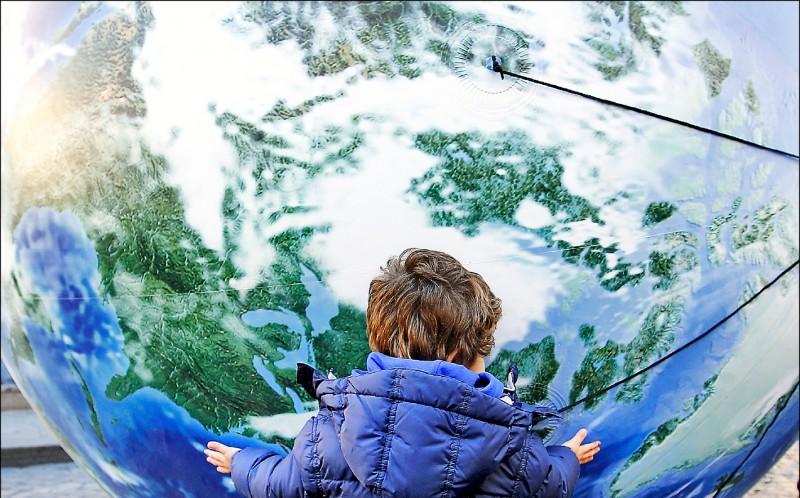
The United Nations Environment Programme (UNEP) released the "2021 Emission Gap Report" updated annually since 2010 to predict the carbon emissions situation in 2030, pointing out that as climate change intensifies, scientists warn that humanity has "little time left" to achieve the ultimate goal of the Paris Agreement to limit the heating range within 1.5 degrees Celsius, and the current carbon emission reduction commitment will expose the earth to a warming of 2.7 degrees Celsius at the end of this century, and this year is "a year of concern for the earth", calling for " Step up the unfolding action".
Un Secretary-General Guterres released the report in New York City, USA, where the United Nations headquarters is located, before the 26th session of the Conference of the Parties to the United Nations Framework Convention on Climate Change (UNFCCC COP26) will be held in Glasgow, the largest city in Scotland, on the 31st of this month, and slammed that the "leadership gap" undermines global efforts in the control of warming, and the issue of climate warming threatens to "threaten the survival of mankind", he warned that "time is not waiting for people", hoping that the leaders of all parties can still achieve "common achievements" A greener future" is a "turning point" rather than a "tipping point".
Greenhouse gas emissions must be halved annually over the next eight years
COP21, held in 2015, adopted the Paris Agreement, which recommended that global warming should be controlled within 2 degrees Celsius compared with before industrialization to reduce the risk of climate change; however, if the warming can be reduced to within 1.5 degrees Celsius, the benefits to humans and ecosystems will be more obvious.
As an updated 12th edition, the 2021 Emissions Gap Report shows that, with countries committed to working on climate change and devoting various mitigation measures, carbon emissions reductions by 2030 will only reach 7.5% of the original projected emission reductions, far less than the 55% reductions required to achieve warming control of 1.5 degrees Celsius; according to this trend, global temperatures are expected to rise by 2.7 degrees Celsius compared with before industrialization by the end of this century, which is also far from the expectations of the Paris Agreement. It is likely to lead to catastrophic changes in the Earth's climate"; if the end of this century is to be limited to 1.5 degrees Celsius of warming as expected by the Paris Agreement, the world's greenhouse gas emissions must be halved every year for the next 8 years.
But as long as all greenhouse gas emissions are effectively reduced, "net zero" will take humanity towards a warming of 2.2 degrees Celsius, which is not far from the initial goal of 2 degrees of warming, but unfortunately many countries intend to delay action until 2030. In particular, the report points out that a reduction in fossil fuels, waste and methane from agricultural production should contribute to a significant reduction in warming in the short term. A "carbon trading market" that operates based on the difference in the cost of reducing greenhouse gas emissions by different companies can also help reduce emissions, but only by clarifying the system and targeting, tracking mechanisms and transparency.
Disclaimer: This article is reproduced for the purpose of conveying more information. If there is a source labeling error or infringement of your legitimate rights and interests, please contact the author with the proof of ownership, we will correct and delete it in time, thank you.